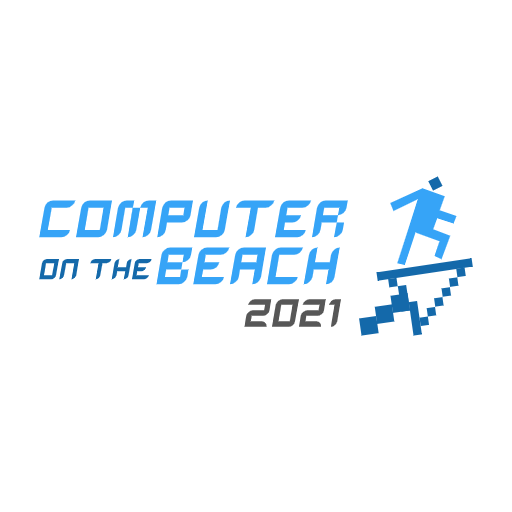O Perfil Socioeconômico dos Concluintes de Computação do Sul do Brasil
DOI:
https://doi.org/10.14210/cotb.v12.p133-140Resumo
Arguably, the computing has become one of the most important
areas in the world, demanding more and more skilled labor. In this
direction, higher education plays an important role in the training
of professionals that supply the market demand. To measure
the education quality of these professionals, the Enade evaluates
the undergraduate’s performance from all higher education institutions
in Brazil. However, only a few studies have explored the
information provided by the exam and its surveys. Based on the
2017 Enade edition, this paper identifies the socio-economic profiles
of undergraduate candidates in several computing courses in
the southern region of Brazil. As results, we found out that the
computing student socio-economic profile consists of white people,
male, between 18 and 26 years old and family income of 3 to 6
minimum wages. Also, most students have no scholarship, their
parents attended up until high school, the high school completed
in public school, and study in the night shift of private institutions.
This work summarizes student’s profiles, enabling managers in
education to introduce new policies to improve higher education.

